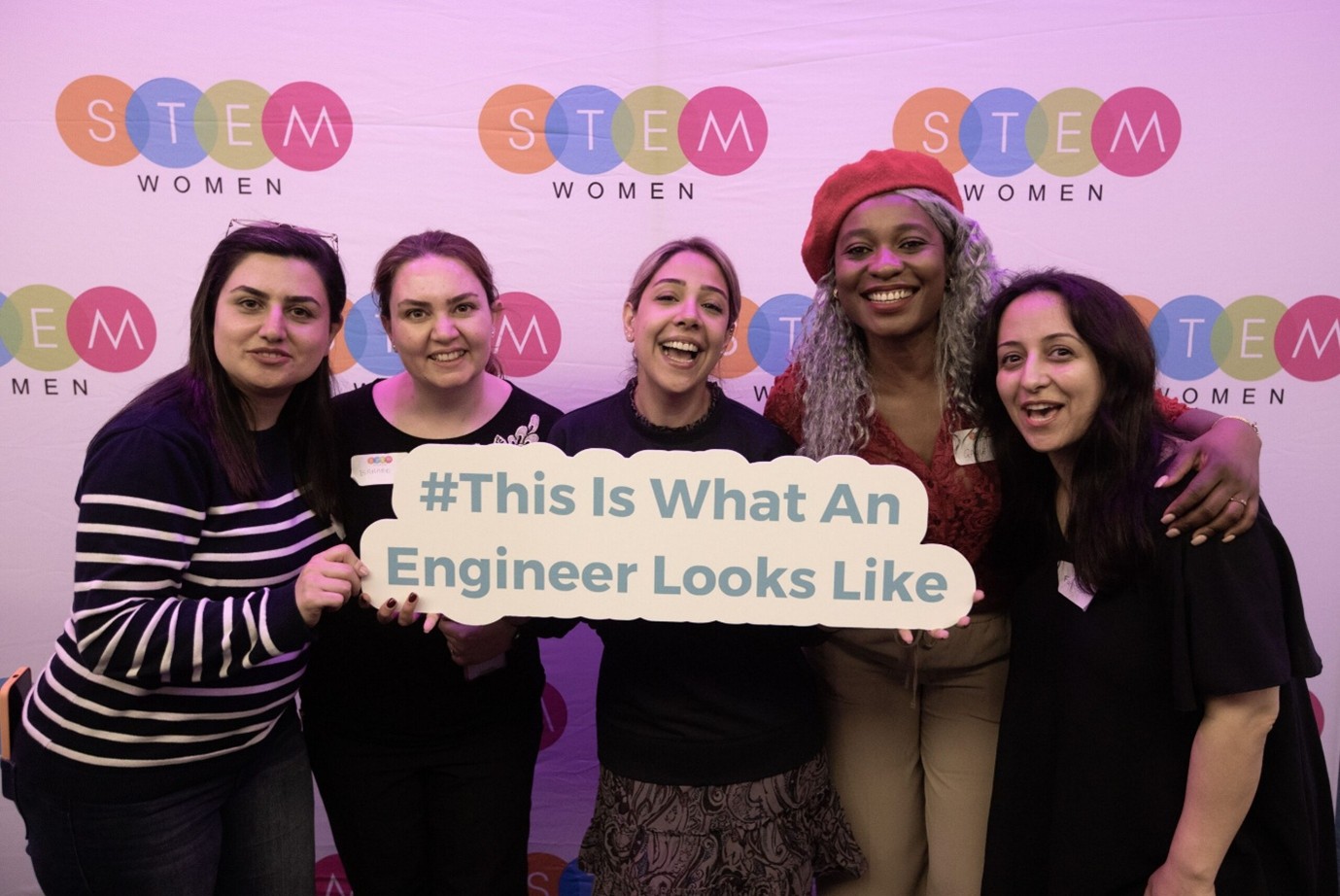STEM Women arrived at the Queen Elizabeth II Centre on Thursday, looking to make a dent in an otherwise male dominated knowledge workforce.
For those unfamiliar, the acronym STEM translates to science, technology, engineering, and mathematics.
Since 2018, STEM Women have played and will continue to play host to a long line networking and careers events, designed to introduce aspiring female graduates to inspiring employers in STEM related industries.
Speaking to the Managing Director of STEM Women, Stephen Rooney, he said “events where women can see how they fit into the industry is very important.”
According to 2018 UCAS data provided by the Higher Education Statistics Agency (HESA), 35 out of 100 students in STEM related subjects were female.
The size of this gender divide can be broken down further.
The percentage of students studying computer sciences related degrees were recorded as 81 per cent male and 19 per cent female.
Equally, the percentage of female students studying engineering and technology degrees also comprised a small 19 per cent of total students in 2018.
A level 2 apprentice in recruitment and resourcing for TFL commented on the consequences of this inequality.
“It’s 100 per cent important” [referring to women entering STEM subjects].
“It encourages a lack of diverse opinions, leading to things like groupthink”
As reported in Forbes, a recent study of 230 senior board members postulates that “the most important way to alleviate groupthink is to introduce diversity of thought.”
Polly Toynbee, a former Social Affairs Editor at the BBC, now columnist at The Guardian shares a similar sentiment.
“All the evidence shows that where women are part of the top decision making in companies and organisations of all kinds, there is less group think.”
“Women in STEM are still regarded as something of an oddity, and are indeed too few are at the top of companies”
“At the time when Margaret Thatcher, a scientist, arrived in Downing Street, we thought doors would open to women: all these years later, the doors are open, but only ajar.”
As mentioned by the former editor, it is not only at the graduate level of industry that women experience these prevailing inequalities.
As reported by the Financial Times (FT) in September, Dame Emma Walmsley, the Chief Executive of Officer (CEO) of UK drugmaker GSK, is scheduled to step down from her post after an illustrious eight-year tenure.
The absence of the Dame will bring the already small number of female-led FTSE 100 companies down from 9 to 8.
In an interview with Dame Amanda Blanc (DBE), CEO of Aviva and Non-Executive Director of British Petroleum, surrounding the importance of women in STEM, she had this to say.
“My daughter is studying Natural Sciences in Exeter as we speak and wants to be an investment banker where she’s just gone for one of her internships. She’s been asked to do all sorts of tests including things like data science which I think is really important.”
“But I would say, irrespective of the background you come from, as a senior at Aviva, I need to understand that [data science] and I have a history degree” she added.
Continuing, the DBE referenced the growing popularity of advanced computing practices in industry.
“It is important that you are keeping up to speed with what is going on, particularly in Generative AI because it is going to fundamentally change the way be do business.”


Comments